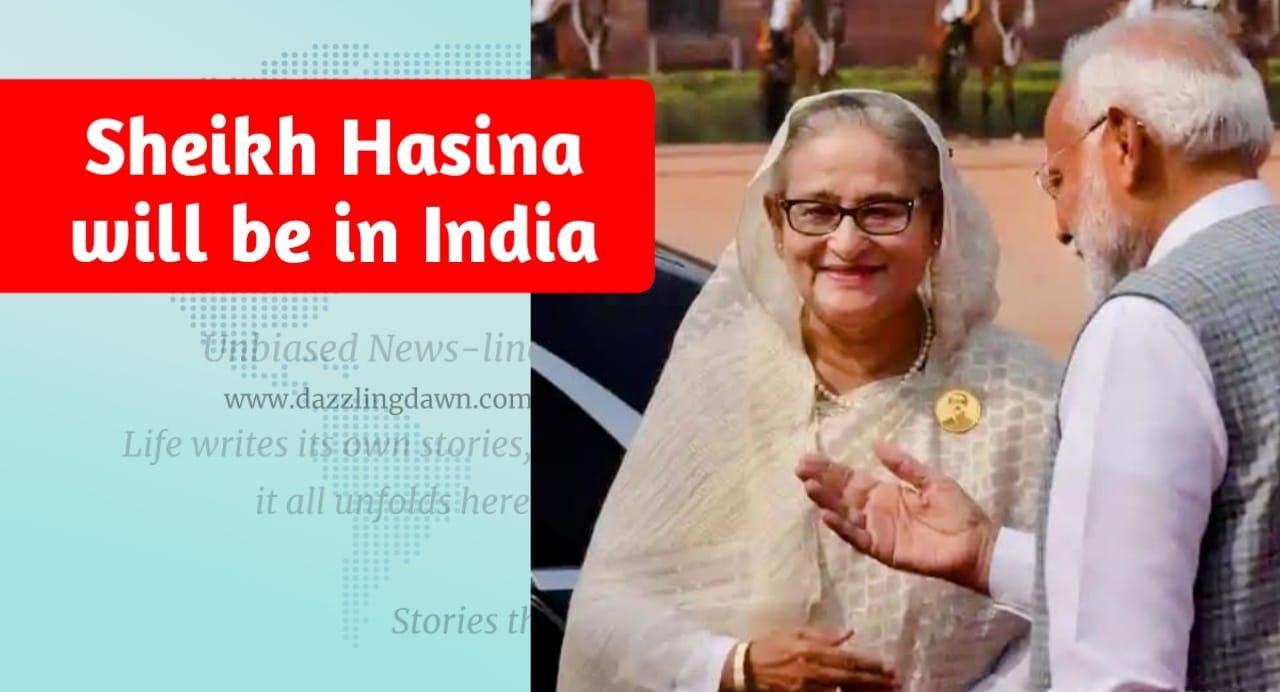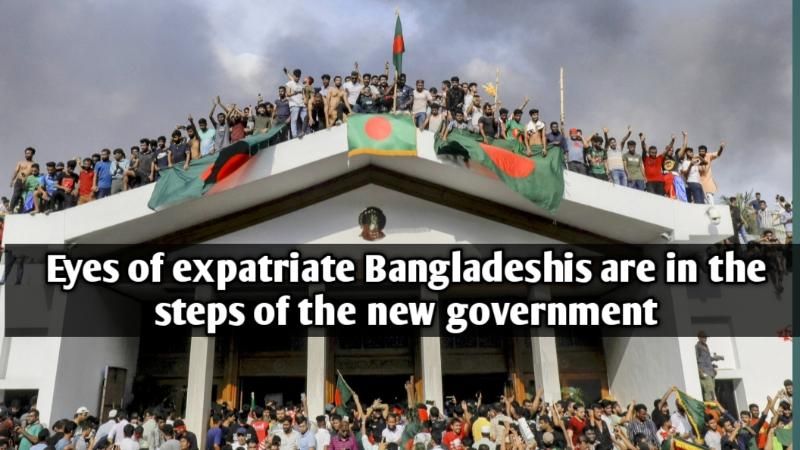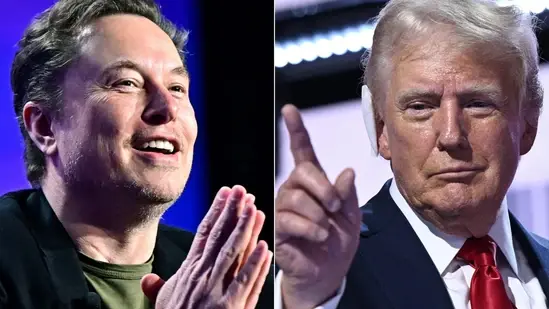As they push for their largest cross-border incursion in two and a half years of full-scale conflict, Kyiv's soldiers, according to the country's senior commander, hold 1,000 sq km of Russian territory.
Ukraine was still "conducting an offensive operation in the Kursk region" seven days after it started, according to Commander Oleksandr Syrskyi.
Volodymyr Zelensky, the president of Ukraine, declared that Russia had brought war to other countries and that it was now returning to Russia.
But Russian leader Vladimir Putin described the offensive as a "major provocation" and ordered Russian forces to "to kick the enemy out of our territory".
A growing number of people have been evacuated from the western Russian region for their safety, with a further 59,000 told to leave.
The acting governor of Kursk region, Alexei Smirnov, said during a meeting with President Putin that 28 villages in the area had fallen to Ukrainian forces, that 12 civilians had been killed and that "the situation remains difficult".
Ukrainian troops launched their surprise attack last Tuesday, advancing up to 18 miles (30km) into Russia.
There was some scepticism at the Ukrainian commander-in-chief's assertion that his forces now controlled as much as 1,000 sq km of Russian territory. The US-based Institute for the Study of War think tank did not believe all the area was under Ukrainian control.
Alexei Smirnov said the Ukrainians told the Russian leader that the Ukrainians had advanced 12km into Russian territory and that the width of the push was 40km.
The offensive is said to have boosted morale on the Ukrainian side, but analysts say the strategy brings fresh dangers to Ukraine.
A senior British military source, who asked not to be named, told the BBC there was the risk that Moscow will be so angered by this incursion that it could redouble its own attacks on Ukraine’s civilian population and infrastructure.
In comments aired on state television, President Putin said on Monday: "One of the obvious goals of the enemy is to sow discord, strife, intimidate people, destroy the unity and cohesion of Russian society.
"The main task is, of course, for the defence ministry to dislodge the enemy from our territories," he told a meeting of officials.
Mr Smirnov said 121,000 people had been evacuated from their homes. He told Mr Putin that about 2,000 Russian citizens remained in areas occupied by Ukrainian forces in the area.
"We don't know anything about their fate," he said.
He warned people to take shelter from missiles in rooms without windows and with solid walls.
In Belgorod, the region next to Kursk, Governor Vyacheslav Gladkov said on Tuesday that 11,000 people had left the Krasnoyarsk district closest to the border.
He earlier warned that the entire region was on missile alert and told people to shelter in their basements.
In his nightly address, Ukraine's president acknowledged the offensive, saying: "Russia must be forced to make peace if Putin wants to fight so badly."
"Russia brought war to others, now it's coming home. Ukraine has always wanted only peace, and we will certainly ensure peace," Mr Zelensky added.
Ukrainian officials have said thousands of troops are engaged in the operation, far more than the small incursion initially reported by Russian border guards.
An official told news agency AFP that their aim was "to inflict maximum losses and to destabilise the situation in Russia".
Speaking to the BBC's Newshour programme, Kurt Volker, a former US Ambassador to Nato, said Ukraine's incursion could cost President Putin politically at home.
He said Ukraine's incursion into Russian territory had happened "because of President Putin and the way he's conducted this war."
"That is not going to be lost on the elites in Russia. It's not going to be lost on the public. Putin has provoked attacks on the Russian territory itself and people are having to be evacuated. That's quite something."
During a meeting with Mr Zelensky in Kyiv on Monday, US Senator Lindsey Graham called the cross-border operation "brilliant" and "bold", and urged the Biden administration to provide Ukraine with the weapons it needs.
Some in Russia have questioned how Ukraine was able to enter the Kursk region - with one pro-Russian war blogger, Yuri Podolyaka calling the situation "alarming".
Foreign Ministry spokeswoman Maria Zakharova said a tough response from Russia's armed forces "will not take long".
Russian ally Belarus said it was bolstering its own troop numbers at its border after claiming Ukraine had entered its airspace with drones.
Meanwhile, the International Atomic Energy Agency said late on Monday it had inspected a damaged cooling tower at the Russian-controlled Zaporizhzhia nuclear plant in Ukraine following a fire on Sunday, but could not immediately find the cause.
Mr Zelensky has accused Russia of deliberately starting the fire in order to "blackmail" Ukraine, while Zaporizhzhia's Kremlin-installed regional governor has said it was caused by Ukrainian shelling.
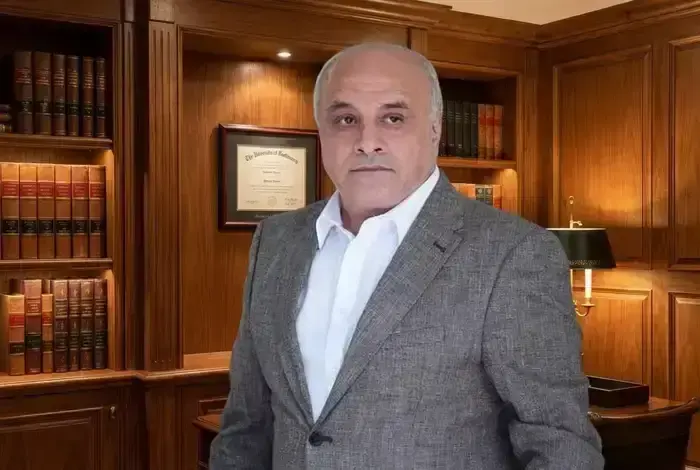


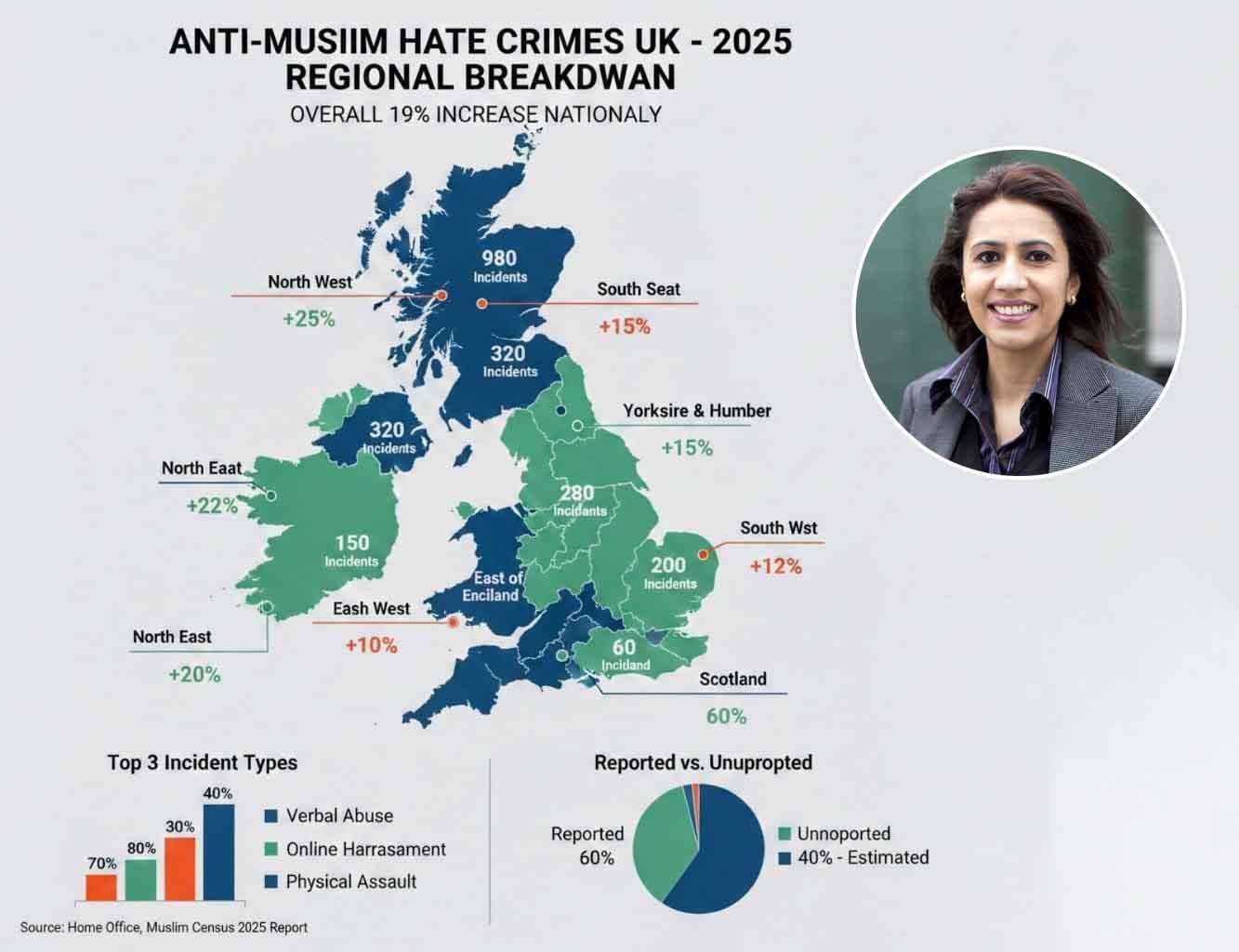



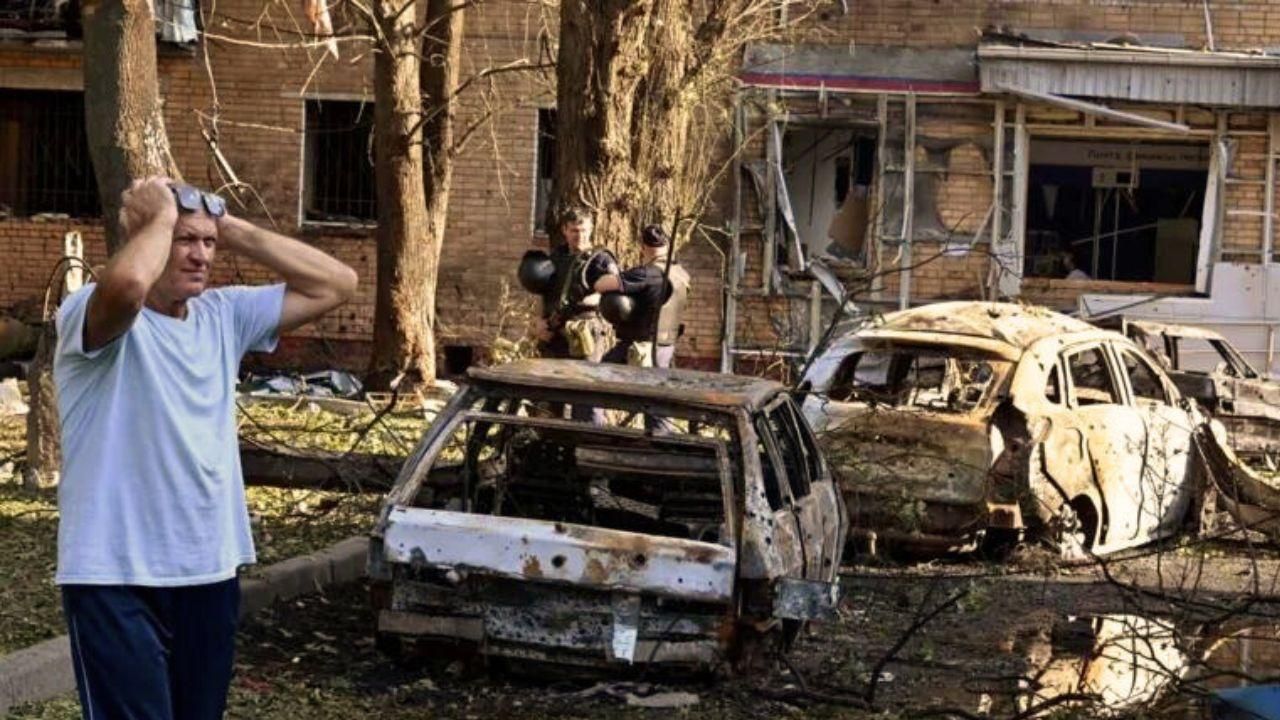
.svg)

